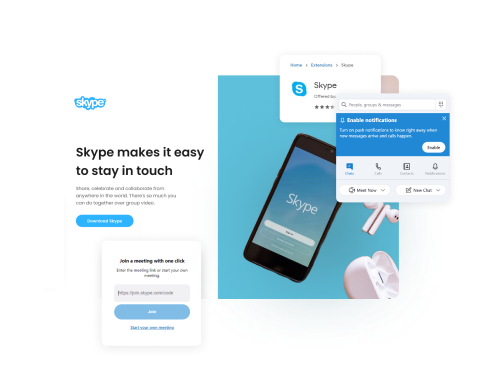Web & API Testing for a Global Digital Asset Management Company
Full-cycle QA for a platform serving global media companies and supporting billion-dollar projects.
About Project
Solution
Technologies
Jasmine, ProtractorJS, Testrail, K6.io, Postman, Newman, Google API, NodeJS, Axios, Selenium
Country
United States
Industry
Client
Our client develops digital asset management (DAM) software for leading entertainment companies behind multi-billion dollar productions. They required a dedicated QA team to test and ensure their website and DAM API met performance, usability, and design standards. The goal was to enhance quality across various environments and automate testing processes for consistent, scalable QA.
Project overview
Need to scale your QA processes while maintaining rapid development? Let’s discuss how we can help.
Before
- Limited testing across multiple environments
- Performance bottlenecks due to high demand
- Lack of automated testing for continuous updates
After
- Supported 4 environments with 600 E2E tests each
- Automated reporting across environments
- Improved performance by optimizing test architecture
Project Duration
5 years and ongoing
Team Composition
3 Automation QA
2 Manual QA
Challenge
The project faced complex testing requirements across multiple environments, with two application versions each requiring three versions of automated tests. Working alongside the client’s internal team of 20+ developers, we needed to handle continuous updates and releases while ensuring quality.
Key challenges included establishing QA workflows from scratch, managing multiple simultaneous test runs on Jenkins, optimizing allocated server resources, and ensuring quick automation deployment across separate environments. The inability to implement code freeze strategy meant frequent retesting of software elements.
Solutions
We implemented a comprehensive testing strategy that included:
Test Architecture Optimization
- Created 2,400+ tests across four environments
- Developed custom analysis tools for quick error identification
- Implemented readable screenshots feature for faster issue location
Performance Enhancement
- Integrated k6.io for performance testing across main workflows
- Analyzed metrics to establish environment user capacity
- Rewrote tests using API endpoints for faster execution
Workflow Automation
- Built integrations between Liquidplanner, Jira, and TestRail
- Implemented auto-reporting with Slack notifications and PDF generation
- Created custom tools for quick test reruns during workday
Resource Management
- Monitored server resource allocation
- Developed tracking system for key indicators (users, files, messages)
- Optimized parallel test execution
Technologies
Our testing infrastructure combined modern tools and frameworks to ensure comprehensive coverage and efficient execution:
- ProtractorJS
- Selenium
- K6.io
- NodeJS
- Jenkins
- TestRail
- Postman
- Jasmine
Types of testing
Security testing
Identified and mitigated potential security vulnerabilities.
Results
With our QA processes, the DAM platform’s reliability increased, ensuring smooth functionality across four environments and supporting over 7,000 bug tickets and five major releases. Automated test runs provided efficient monitoring, while performance optimization allowed the software to handle growing demands seamlessly.

E2E tests across four environments

test cases managed

dedicated performance tests

Slack & PDF reporting integrated for efficient monitoring

bug tickets generated and tracked
Ready to optimize your digital asset management platform?
Reach out to our QA team today!
Bruce Mason
Delivery Director


